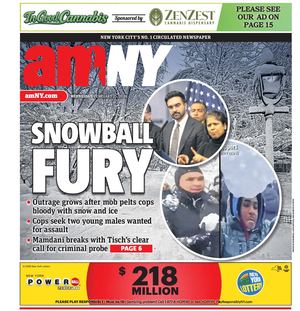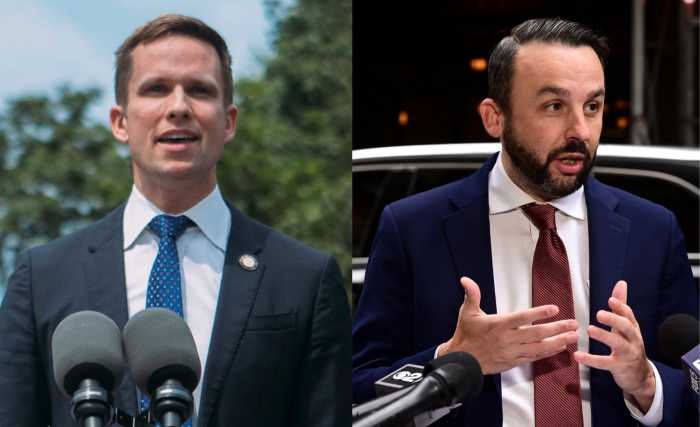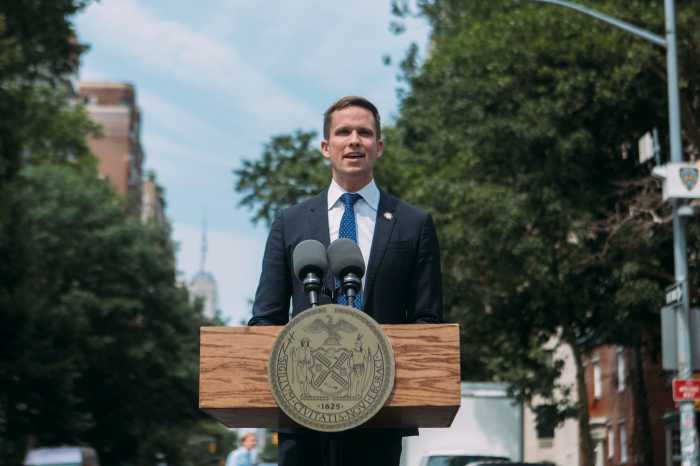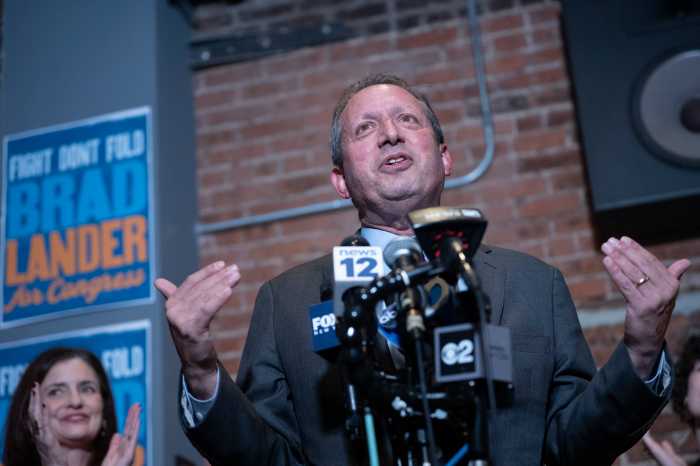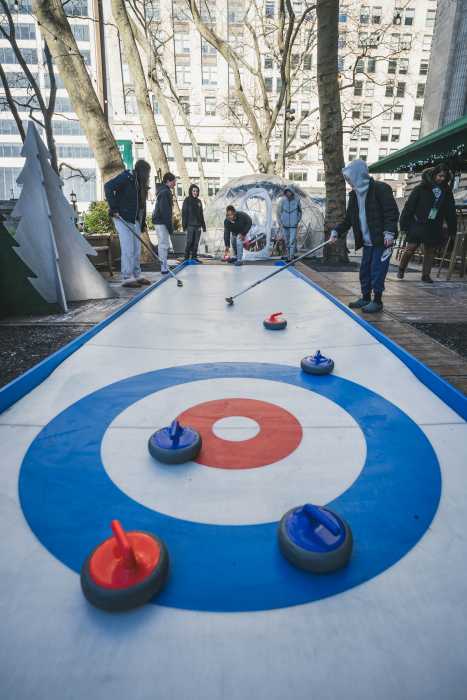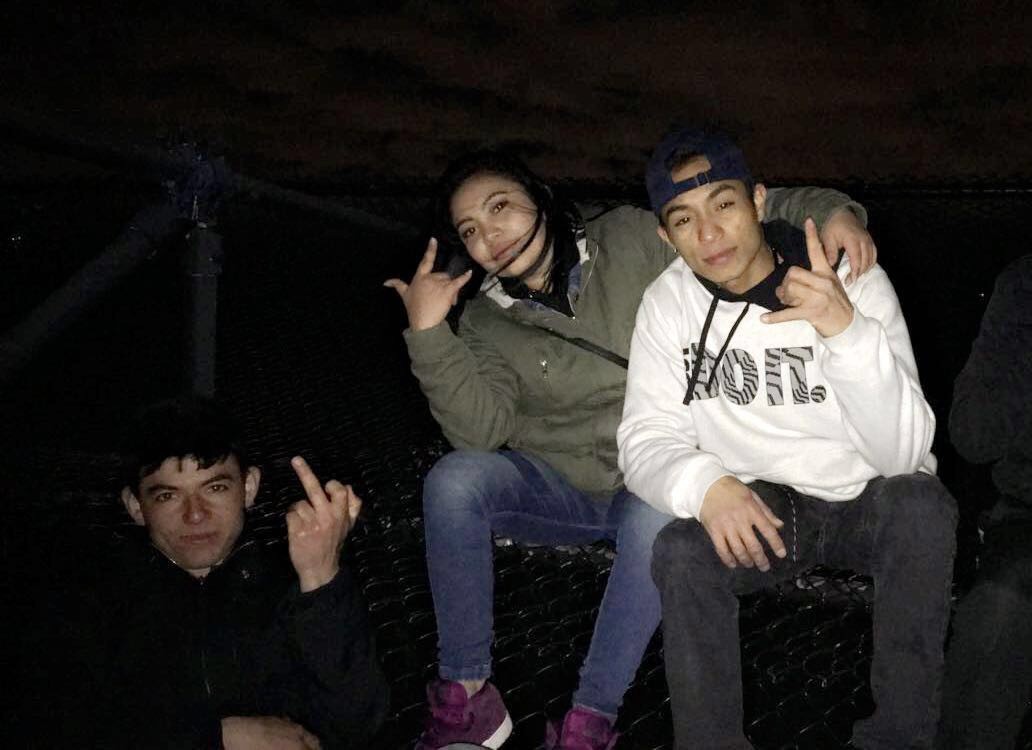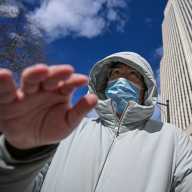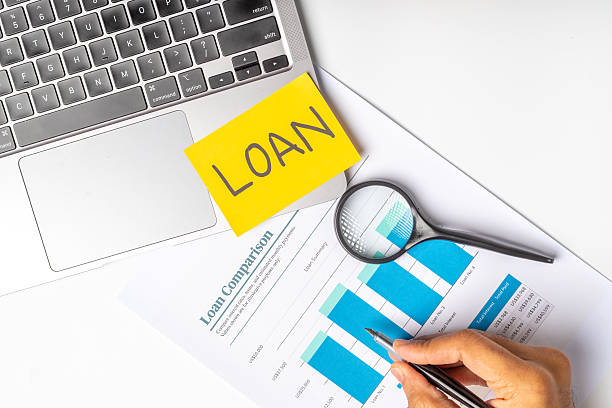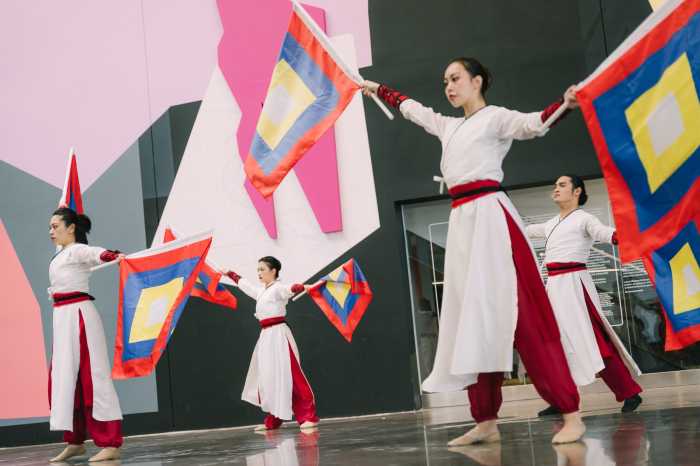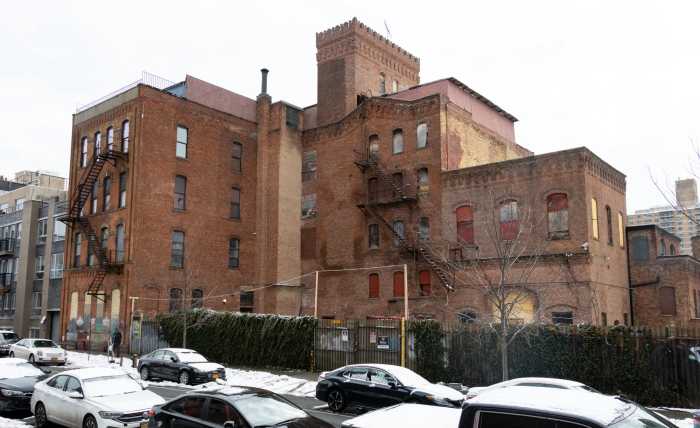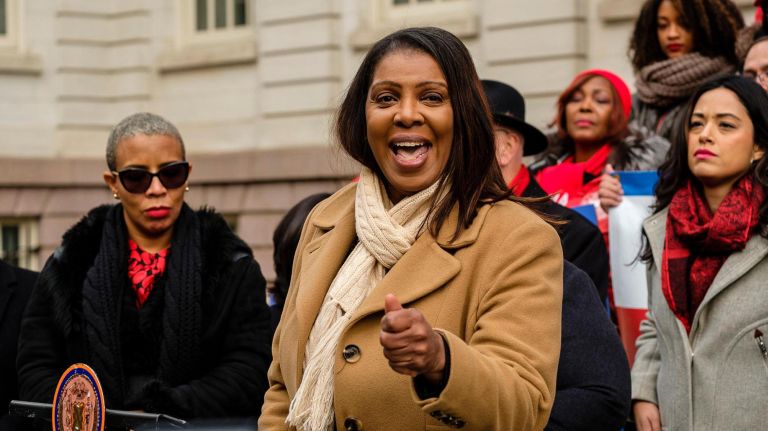
The city will hold a special election for a new public advocate on Tuesday, Feb. 26, the mayor said Saturday.
Current Public Advocate Letitia James will be sworn in as New York attorney general on Jan. 1, leaving the citywide position open.
More than a dozen people, including former City Council Speaker Melissa Mark-Viverito, have announced their intention to run for public advocate. Seven other prospective candidates — City Council members Rafael Espinal, Eric Ulrich and Jumaane Williams; Assembly members Michael Blake and Daniel O’Donnell; attorney Dawn Smalls; and journalist and activist Nomiki Konst — participated in a debate in November.
There won’t be a party primary, and anyone who secures enough signatures and files their ballot petition will be on the ballot.
The winner of the special election will serve as public advocate until at least Dec. 31, 2019, but would have to campaign again in the general election cycle. Primaries and the general election will take place in September and November, respectively. The winner in November will serve through 2021, the end of James’ current term.
The public advocate is the second highest-ranking elected official in the city, although the position holds little formal power. The public advocate acts as a watchdog for the public with the responsibility to investigate complaints about city services, but has little authority beyond the ability to issue reports to the City Council. The public advocate can sponsor citywide legislation but does not hold a council vote.
The special election in February will be the first election after voters approved a ballot referendum that changed the Campaign Finance Board’s matching funds program.
The new program, which takes effect on Jan. 12, will limit the maximum donation from a single donor to $2,000, instead of $5,100, and will increase the matching rate to $8 for every $1, up from $6 for every $1.
After Jan. 12, candidates in the special election and all elections until 2022 will have the option to participate in the new or the old program. Beginning in 2022, all races will be subject to the new donation limits.
